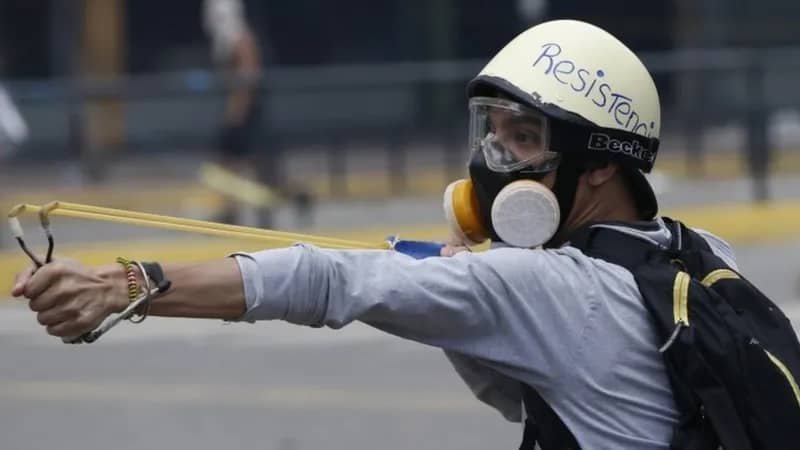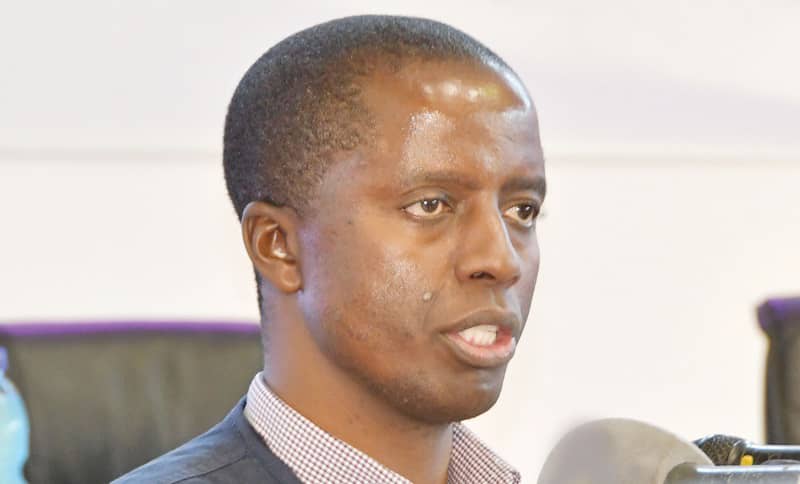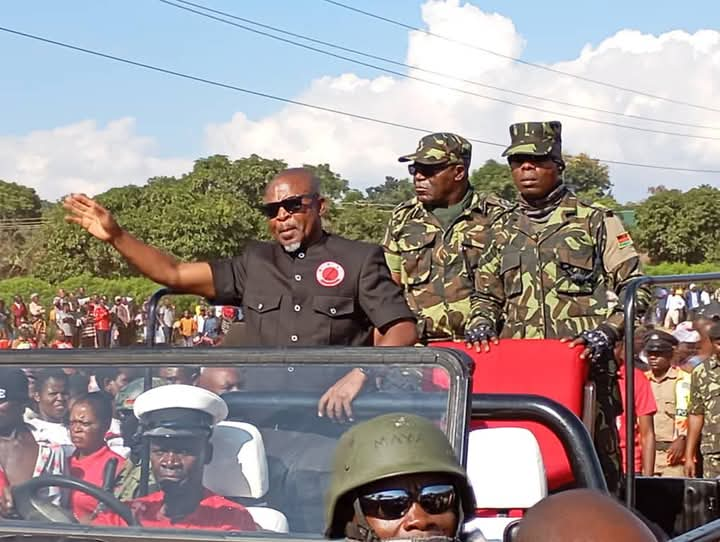Reported by BBC on 2 August 2017
Turnout numbers for Venezuela’s controversial vote on Sunday were allegedly tampered with, according to the company that provided the voting system.
Venezuela’s electoral authorities had claimed that more than eight million people — 41.5% of the electorate — voted for a new constituent assembly. However, Antonio Mugica, the CEO of Smartmatic, said the actual turnout was inflated by at least one million.
Venezuela’s electoral council dismissed the allegation as “baseless.” The council’s head, Tibisay Lucena, called the statement an “irresponsible accusation, based on estimates,” and threatened legal action against Mugica.
What did the voting firm say?
“It was with the deepest regret that we had to report that the turnout numbers on Sunday 30th July for the Constituent Assembly in Venezuela were tampered with,” Mugica stated during a press conference in London.
He explained that although Smartmatic’s system had recorded the true number of voters, only a full audit could confirm the precise figure. When asked why he had not informed Venezuelan authorities, Mugica said he believed they “would not be sympathetic to what we’d say.”
Smartmatic had supplied around 24,000 electronic voting machines. According to the company, its system provided correct voting statistics, but altered results were announced instead.
Separately, Reuters reported having seen an internal memo from Venezuela’s electoral authorities, which indicated that fewer than four million votes had been cast two hours before polls closed.
Why did the vote matter?
Venezuelans were selecting more than 500 representatives to form a new constituent assembly, which held the power to rewrite the constitution and sideline the opposition-led National Assembly.
President Nicolás Maduro had argued that the assembly would promote “reconciliation and peace” following months of crisis. The opposition, which boycotted the vote, saw it as a power grab by the president.
Turnout was considered crucial since the opposition did not field candidates. The voter count served as an indicator of the government’s support base.
In response to Smartmatic’s allegations, the National Assembly approved a request to open a criminal investigation into the company’s claims.
What happened next?
Venezuela remained in political and economic turmoil. Falling oil prices had severely affected social programs, and scores of people had died during anti-government protests.
Despite growing unrest and international condemnation, President Maduro moved forward with the swearing-in of the new assembly. The first session was expected to take place that Thursday.
Electoral authorities had already issued credentials to the new deputies — among them, President Maduro’s wife.
Meanwhile, the opposition called for new demonstrations, planning a major protest to coincide with the installation of the assembly.




